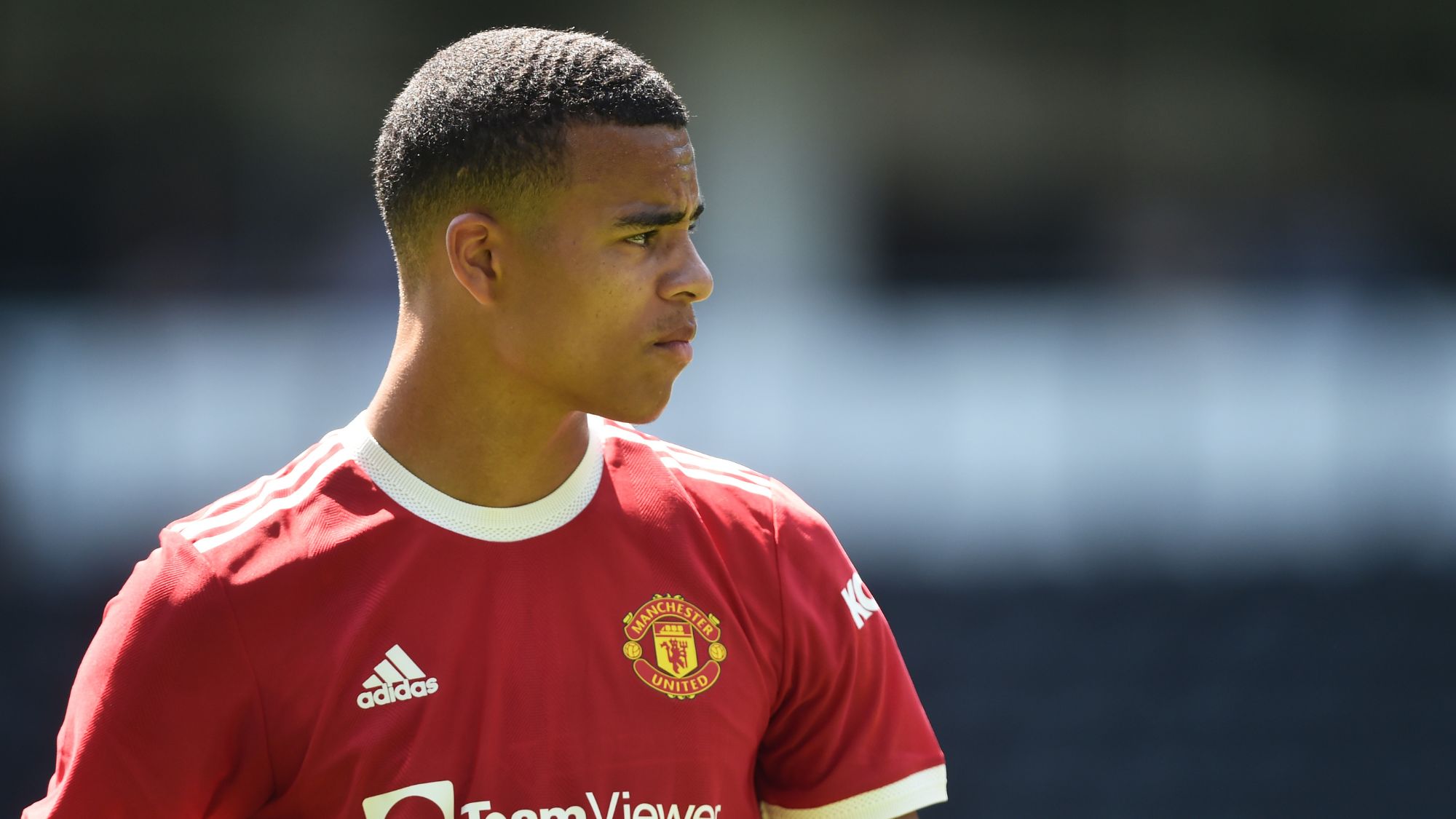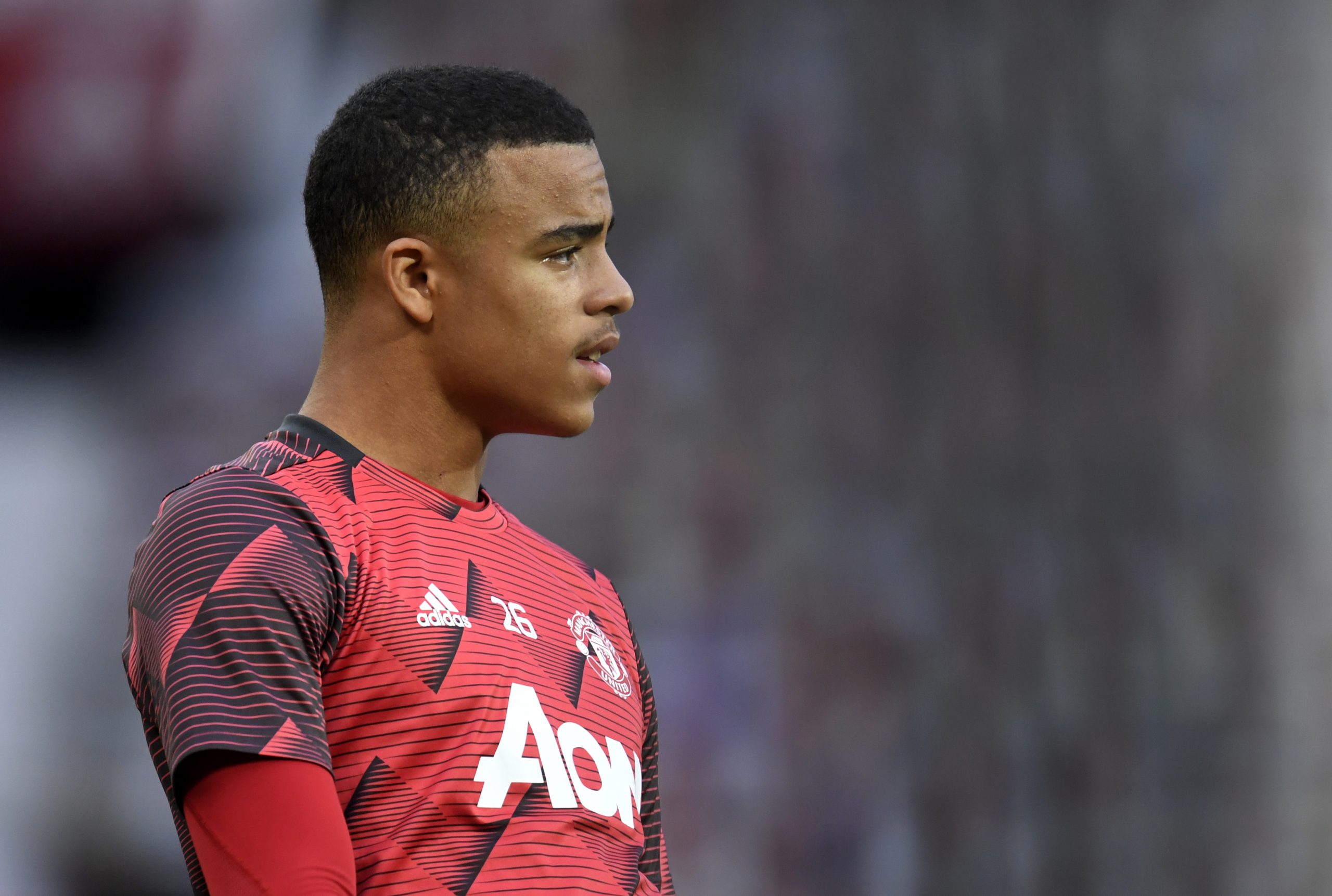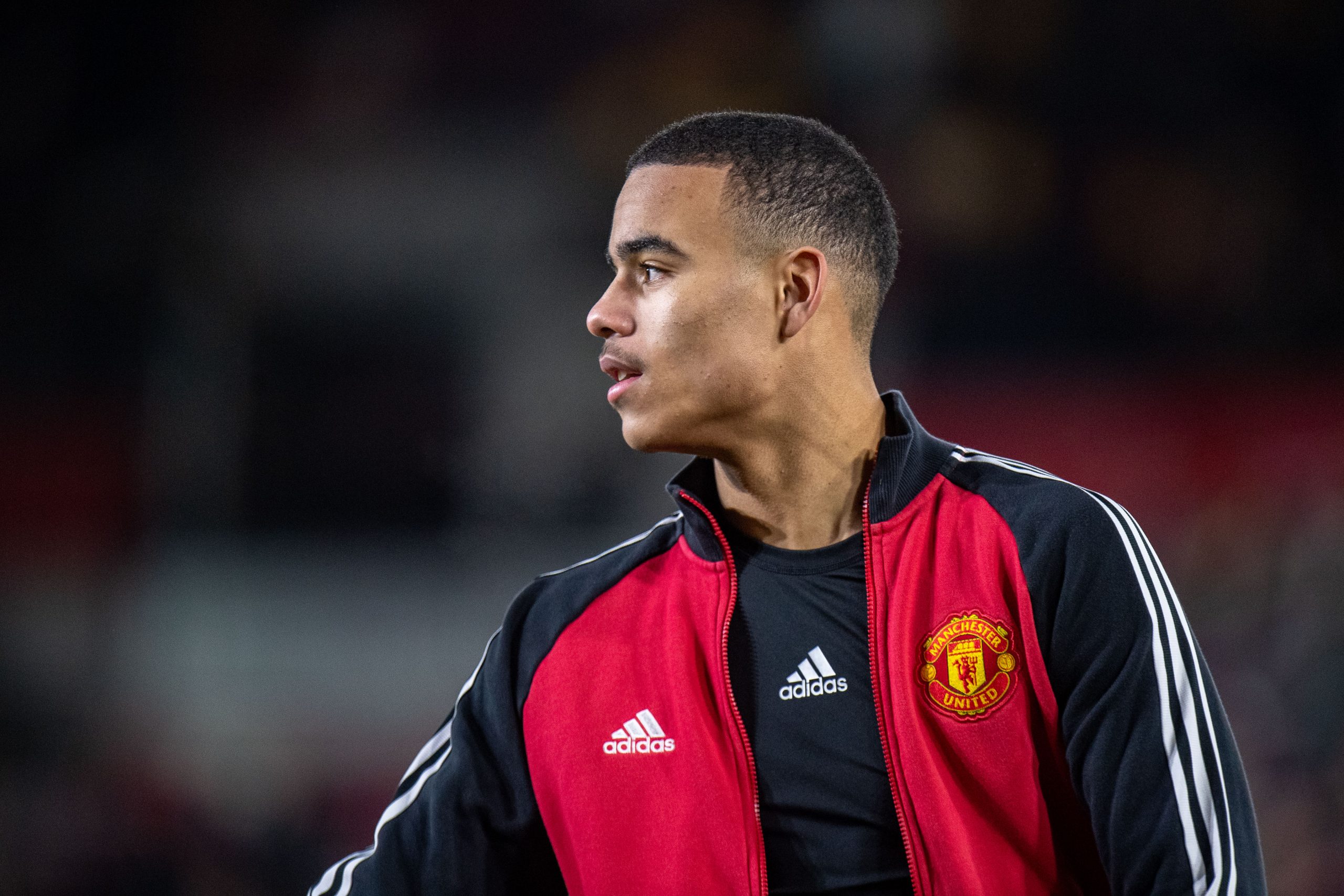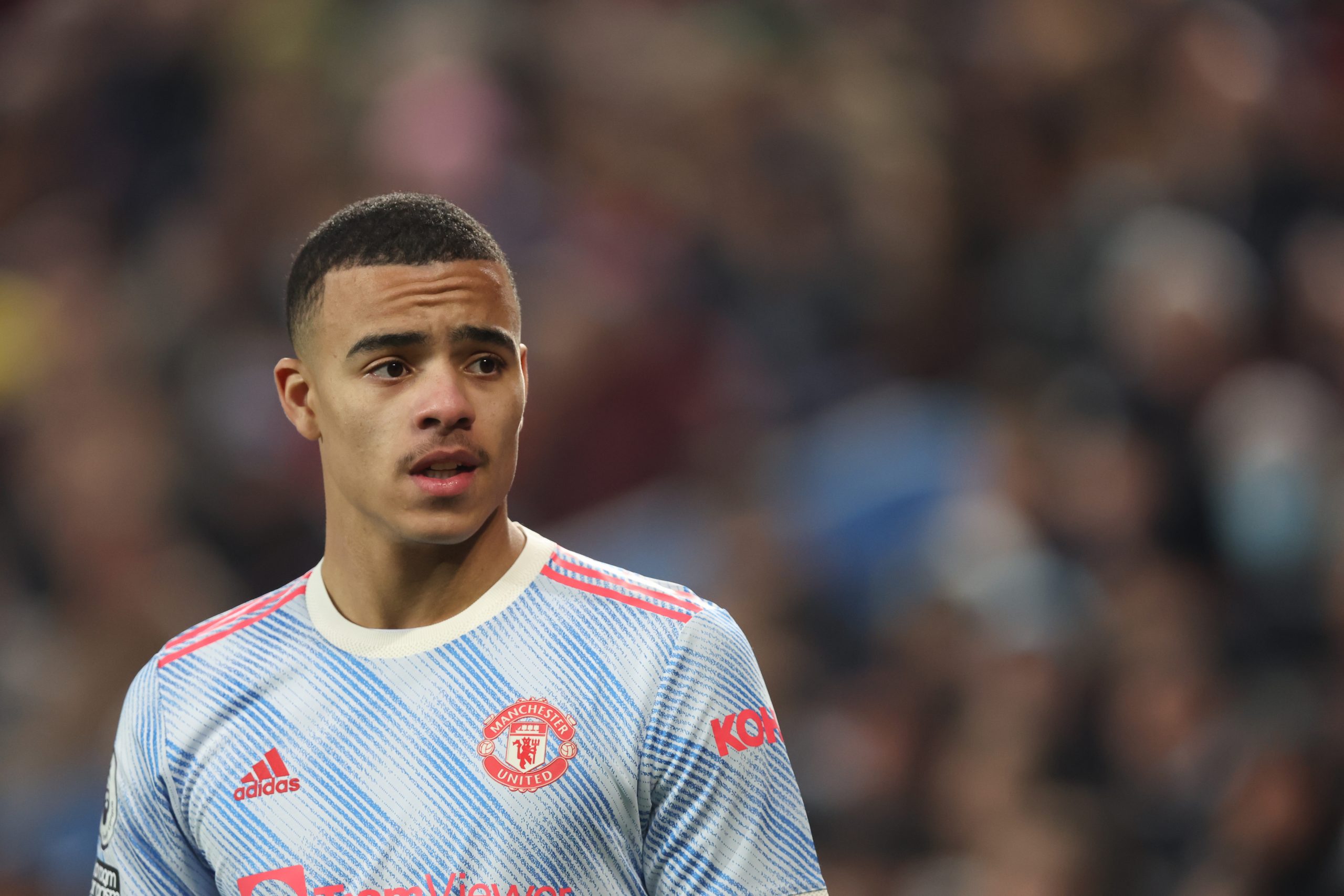"Now is a critical moment to discuss violence against women"
As Mason Greenwood's charge prompts long overdue conversations around violence against women, Features Editor Jenny Proudfoot explains why we can't afford to have the defining moment derailed...


Celebrity news, beauty, fashion advice, and fascinating features, delivered straight to your inbox!
You are now subscribed
Your newsletter sign-up was successful
Manchester United footballer Mason Greenwood has been charged with attempted rape as well as assault, and controlling and coercive behaviour.
Greenwood, 21, was arrested on suspicion of rape and assault in January, after incriminating evidence was posted to social media.
The now-deleted post included graphic images of a woman's injuries and a distressing audio clip of recorded sexual and physical threats.
Greenwood was subsequently arrested and taken into custody before being released on bail. He was reportedly re-arrested this weekend for an alleged breach of conditions, and will now be remanded in custody until his next court appearance on 21 November.
Manchester United has suspended the striker indefinitely, reiterating "its strong condemnation of violence of any kind", Nike has suspended his sponsorship and his teammates have unfollowed him on social media - with the immediacy of such action praised across the board.

This has the potential to be a watershed moment for the football community, with the extent of evidence made public forcing the world to react and take a stand.
When it comes to violence against women, we have seen the sporting world choose to look the other way time and time again. And athletes from Mike Tyson to Marlon King have gone on to forge successful careers, even after being found guilty.
Celebrity news, beauty, fashion advice, and fascinating features, delivered straight to your inbox!
The football community’s immediate condemnation of Greenwood consequently looks like progress - especially given how much of a leading light he was considered in the game, once described by Man Utd's Scott McTominay as "a talent that comes along probably every 10 years".

It was disappointing therefore to scroll through online comments this week painting Greenwood as the victim.
From speculation that he was being set up and concerns for his career to criticism of the woman for publicising her injuries, these comments are harmful and they are derailing the conversation. It is because of these comments that some have been discussing who could have framed the footballer, rather than discussing the epidemic of violence against women in the UK.
A lot of the conversation that I have seen this week has centred around the fact that the victim's phone was hacked, turning it into more of a data privacy issue. But the fact of the matter is that there was alleged evidence of physical violence and sexual threats on the phone. We should be focusing on that, rather than how the information was released.

Violence against women is an epidemic in the UK, especially within the football community where domestic abuse rates have been known to surge by 38% when a team loses. How it reacts to the charge of such a high profile player therefore has the potential to influence millions of people watching across the world. Violence against women is a very real problem and now is an opportunity to send a clear public message.
Mason Greenwood's charge could become a catalyst for change and a defining moment for football, but in order to achieve this we need to talk about violence against women and take a united stand against it.
The world is having important conversations as a result of this case and progress is within sight. But we cannot allow harmful comments to turn the story into a "He Said She Said" narrative or deflect attention away from the alleged abuse.
Violence should never be tolerated, excused or normalised and we cannot afford to derail what inevitably could be a watershed moment for football.
If you are experiencing domestic abuse or are worried about someone you know, contact the free 24-hour National Abuse Helpline on 0808 2000 247. If you are in an emergency situation, please call 999.

Jenny Proudfoot is an award-winning journalist, specialising in lifestyle, culture, entertainment, international development and politics. After working at Marie Claire UK for seven years - rising from intern to Features Editor - she is now a freelance contributor to the News and Features section.
In 2021, Jenny was named as a winner on the PPA's '30 under 30' list, and was also listed as a rising star in journalism.